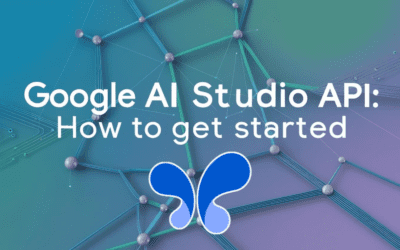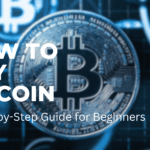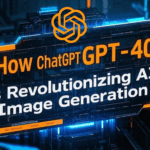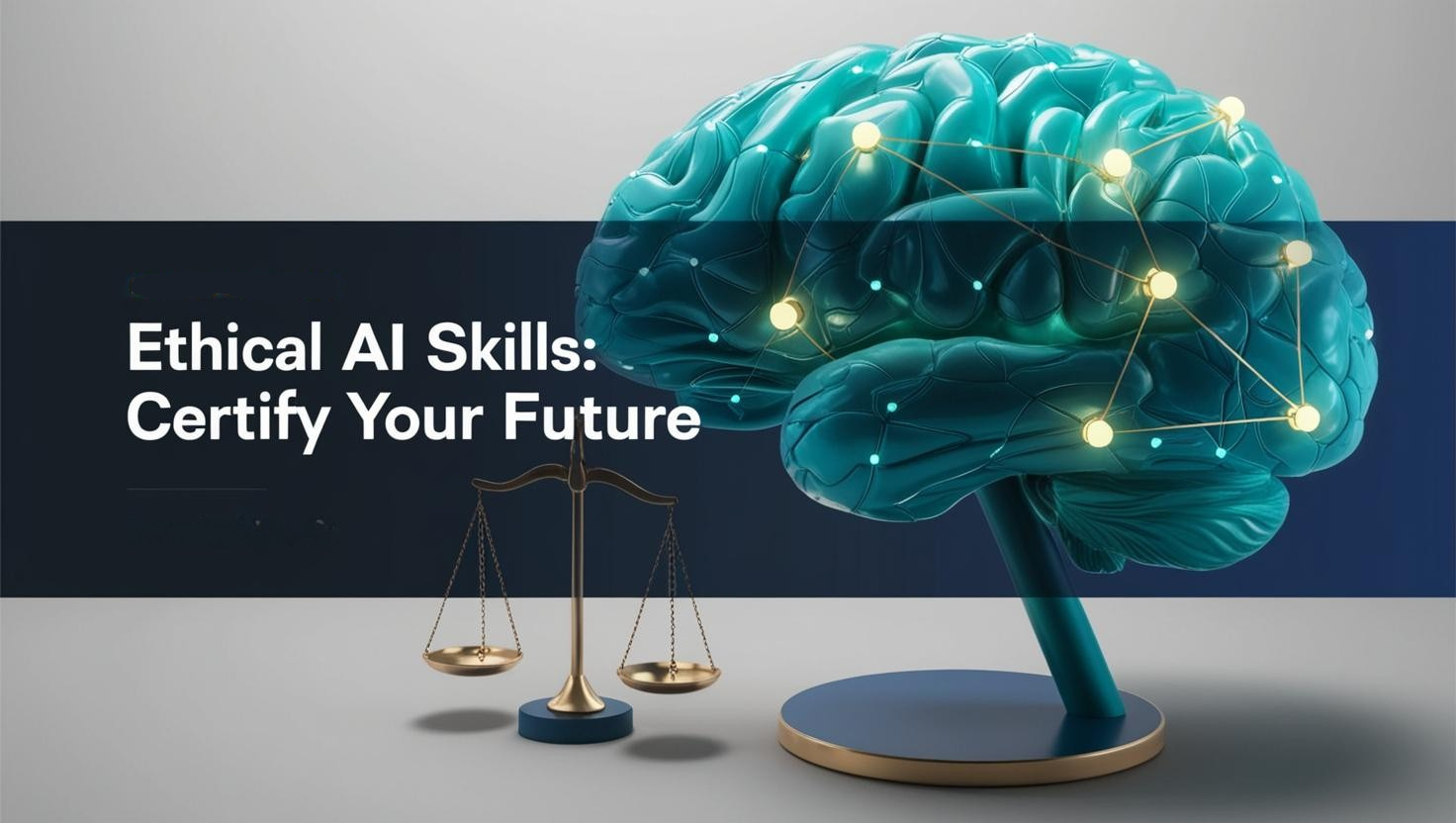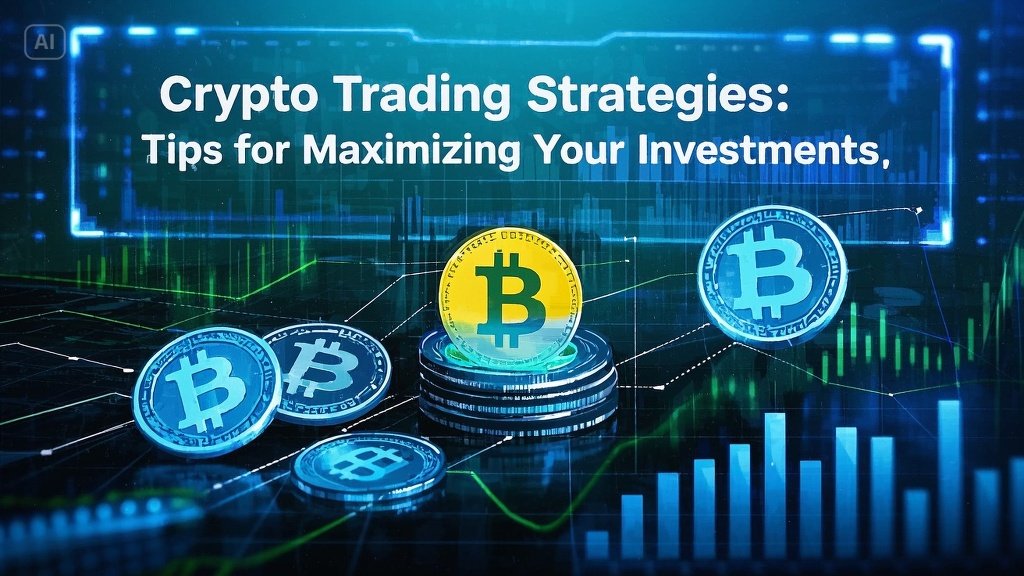Introduction
Artificial intelligence is reshaping industries, but its power comes with profound ethical challenges. From biased hiring algorithms to invasive facial recognition systems, 65% of organizations now report ethical AI concerns as a top priority (Deloitte, 2024). As governments enforce stricter regulations like the EU AI Act, demand for professionals with ethical AI skills has skyrocketed. This guide explores certifications and strategies to help you lead in responsible AI development—turning ethical expertise into a career-defining asset.
Why Ethical AI Skills Are Essential Today
The High Stakes of Unethical AI
- Bias in Action: In 2023, an AI recruiting tool at a Fortune 500 company disproportionately rejected female candidates due to skewed training data. Fixing the issue cost $1.2M in penalties and reputational damage (MIT Tech Review).
- Regulatory Risks: Non-compliance with laws like the EU AI Act can lead to fines up to 6% of global revenue. Over 40% of firms lack staff trained to meet these standards (PwC, 2024).
- Public Trust: 78% of consumers distrust companies using AI unethically (Edelman, 2023).
Career Opportunities
Roles like AI Ethics Officer and Compliance Architect are growing 3x faster than general tech jobs (LinkedIn, 2024). Salaries for certified professionals average $125,000–$160,000 (Glassdoor, 2024).
Top Certifications to Build Ethical AI Skills
1. Certified Ethical AI Practitioner (CEAIP)
- Provider: Global AI Ethics Institute
- Curriculum: Bias mitigation, GDPR/CPRA compliance, and transparency frameworks.
- Project: Audit a real-world AI model for fairness using TensorFlow Fairness Indicators.
- Cost: $2,500 | Duration: 8 weeks
- Best For: Data scientists and compliance officers.
2. Google Responsible AI Certification
- Provider: Google Cloud
- Curriculum: Designing inclusive ML models, AI impact assessments.
- Toolkit: Access to Google’s What-If Tool for bias visualization.
- Cost: $299 | Duration: Self-paced
- Best For: Developers and product managers.
3. Microsoft AI Business School
- Provider: Microsoft Learn
- Curriculum: Governance frameworks, risk assessment in Azure AI.
- Case Study: Implementing responsible AI in healthcare diagnostics.
- Cost: Free | Duration: 12 hours
- Best For: Executives and project leads.
4. IBM AI Ethics Professional Certificate
- Provider: IBM SkillsBuild
- Curriculum: Ethical decision-making, explainable AI (XAI), and regulatory alignment.
- Hands-On: Build a compliant chatbot using Watson.
- Cost: $99/month | Duration: 3 months
- Best For: Entry-level professionals and career changers.
Key Components of AI Ethics Certification Programs
- Bias Detection & Mitigation
Learn tools like IBM Fairness 360 and Aequitas to audit algorithms. - Regulatory Compliance
Master GDPR, EU AI Act, and NIST AI Risk Management Framework. - Transparency Techniques
Implement model documentation (e.g., Model Cards) and XAI methods like LIME. - Real-World Case Studies
Analyze failures (e.g., Amazon’s scrapped hiring AI) and success stories (e.g., IBM’s bias-free loan approval systems).
Practical Application of Ethical AI Skills
Case Study: Reducing Bias in Healthcare AI
A Boston hospital used CEAIP-trained engineers to redesign a diagnostic AI that initially underdiagnosed skin cancer in darker skin tones. By diversifying training data and applying fairness metrics, accuracy improved by 32% (NEJM, 2023).
Everyday Tasks for Ethical AI Pros
- Reviewing datasets for representation gaps.
- Drafting AI impact reports for stakeholders.
- Training teams on ethical guidelines.
Navigating AI Compliance Regulations
- EU AI Act: Classifies AI systems by risk (e.g., banned social scoring vs. high-risk medical tools). Requires transparency and human oversight.
- U.S. Executive Order on AI: Mandates safety testing for federal AI projects.
- ISO 42001: Global standard for AI governance launching in 2025.
Certifications like CEAIP and Microsoft’s program align training with these frameworks.
Actionable Insights for Building Your Career
- Audit Your Current Role
Identify ethical gaps in your team’s AI projects. Use free tools like Google’s Responsible AI Toolkit to propose solutions. - Network Strategically
Join the Ethical AI Alliance or attend NeurIPS workshops. - Stay Updated
Subscribe to newsletters like AI Ethics Weekly.
Conclusion
Ethical AI skills are no longer optional—they’re the cornerstone of trustworthy innovation. By earning certifications like CEAIP or Google’s Responsible AI credential, you position yourself as a leader in a field where 82% of hiring managers prioritize ethics training (Gartner, 2024). The future of tech belongs to those who build AI responsibly.
Ready to lead? Enroll in a certification today and join The ProTec Blog’s newsletter for exclusive ethical AI resources.
References
- EU AI Act
- Deloitte 2024 AI Ethics Survey
- MIT Tech Review: Bias in Hiring AI
- IBM Fairness 360 Toolkit
For cutting-edge insights on ethical tech, follow The ProTec Blog.





